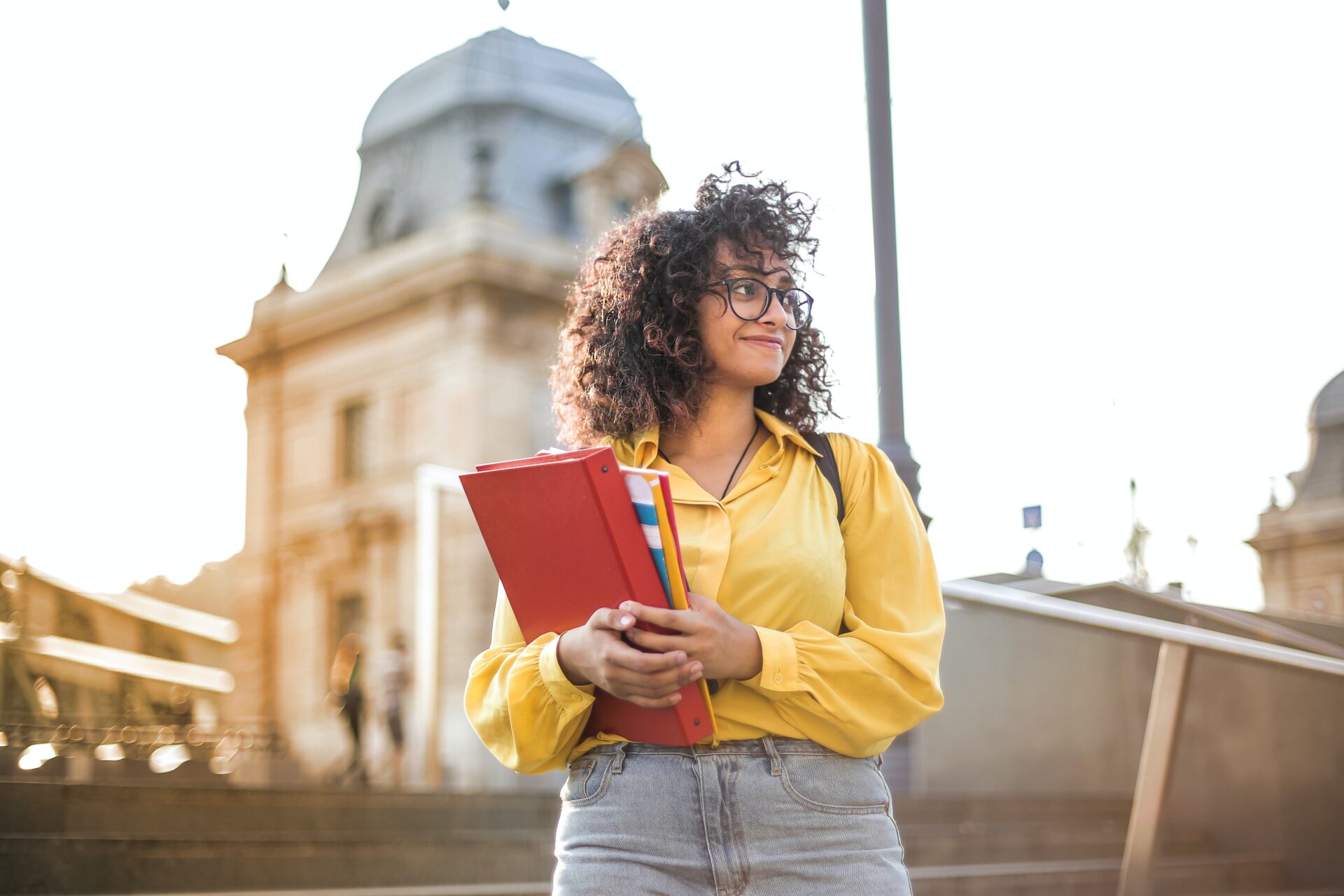
10 tips to prepare for exchange
By Flavie Dufour.
Starting a new life abroad and meeting people from different cultures is the dream of many students who set out to go on exchange.
However, we often forget that to achieve our dream, we first have to get through some boring administrative procedures. This process can sometimes become overwhelming if you don’t get organised well in advance.
If you don’t know where to start or what steps to follow, I’m here to help you!
I’m currently an international student at The University of New England (UNE), and I had to go through a lot of steps before finally making it to Australia. (Naturally, the processes and procedures can vary depending on your country of origin and where it is you’re wanting to go.)
So, if you’re hoping to head off on an exchange of your own, here are my 10 tips on how to get ready to study abroad!
1. Make sure your papers are up to date
The very first step is to have a valid passport and identity card because these papers will be necessary for all the other procedures that follow.
To undertake it, you must apply to your local town hall. On my side (France), it took me a few months to receive my passport.
I also highly recommend that you have your passport with you every time you go out in the city. If you get stopped by the police or the security guards at bars or clubs, it’s the only paper that is really considered as valuable as a foreigner.
2. Prepare for the TOEFL
Before leaving, you’ll need to meet the English language requirements. That means you must take The TOEFL IBT test. It is an internationally recognised exam that is meant to prove you have a certain level of proficiency with the English language.
You’ll need to pass a certain number of points to be accepted into your university exchange. You don’t have to worry too much, but I recommend you take the time to practice exercises under the same conditions as the test.
3. Take out health insurance
It is imperative to be medically protected, as if you get sick, you will be covered. Look out and buy one of the Overseas Student Health Cover that best suits you.
4. Make sure you are registered at the university
This step may seem unforgettable since it is THE reason you are going, but you would be surprised! In the rush to get going, it can be easy to forget crucial steps like this one.
It is important not to leave it to the last minute as you will need confirmation of enrolment to apply for your visa.
5. Find suitable accommodation
When applying for on-campus accommodation, you can expect it to take several weeks to complete your research and get your application approved.
My advice would be to choose on-campus accommodation for several reasons. Firstly, you will be closer to the university, which will make it easier to attend your lectures. Also, you will essentially be able to fully integrate into the community of a college you’re in by participating in your college or inter-college activities.
6. Apply for a visa
Knowing there are numerous visa you can apply for; I’d say the subclass 500 visa is the best option if you are an exchange student. Indeed, it allows you to stay for the duration of your enrolment and gives you the ability to work while you’re studying.
Once you have applied, don’t forget to read the letter of instructions that you’ll receive from the government. It’ll inform you of any additional documents you need to provide so you can finally obtain your visa.
7. Purchase an airline ticket
When you are ready to buy the plane ticket, you can congratulate yourself because you’ve made it through the bulk of the paperwork!
As always, make sure you buy your plane ticket as soon as possible (once your visa has been granted) to avoid high ticket costs.
8. Change your telephone plan
Keep in mind that you might want to change your phone plan upon arrival. Of course, as a foreigner, you can always call your family through social networks (like WhatsApp and Facebook). Nevertheless, I would recommend you take an Australian phone plan with an international option.
Updating your plan means you can talk to your Australian friends and be contactable by your company if you are working. Plus, with the international option, you will be able to make international calls to your own country without spending too much money.
9. Open a new bank account
Opening a bank account is a real lifesaver. It makes things like paying rent, transferring money and getting paid so much simpler.
To open a new account, you will need to know your Australian phone number, your tax file number, and your passport details.
10. Follow social pages!
To get the best out of this experience, you can follow the UNE life Facebook page, and if you are living at one of the colleges, follow their social page too!
You’ll find updates about events and activities as well as important information on these pages. Being in the loop with what’s going on will give you lots of opportunites to socialise and make the most of your exchange experience.
By following this advice, you’ll be ready to fully enjoy your new Australian life in no time!


